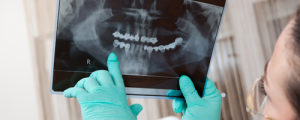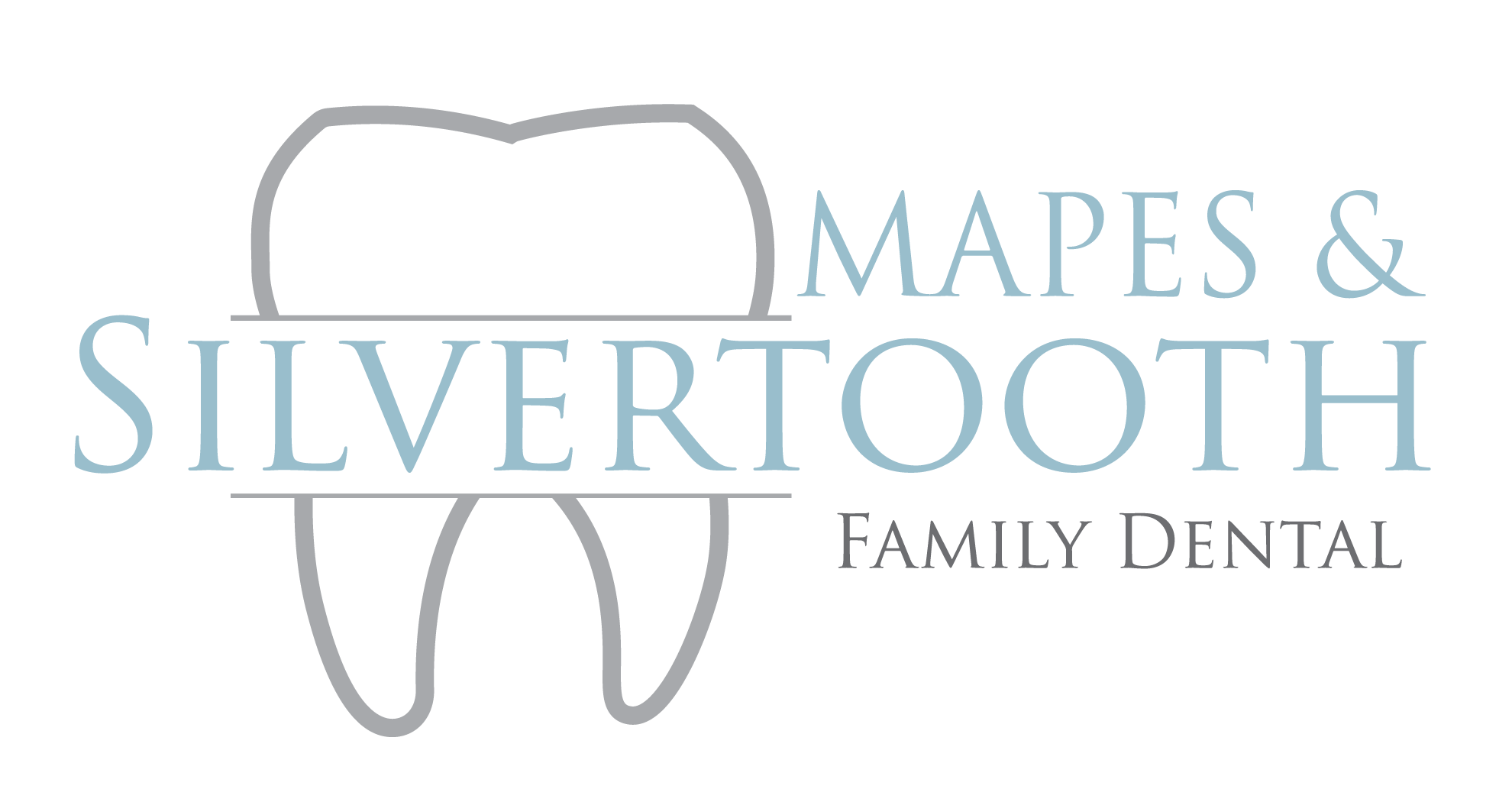When it comes to maintaining optimal oral health, regular dental check-ups are an essential part of the process. These appointments allow your dentist to assess your oral health, catch potential issues early, and provide guidance on maintaining a beautiful and healthy smile.
Suppose you're planning a visit to Silvertooth & Whinery Family Dental or any dental practice. In that case, it's important to know what to expect and how to prepare. In this comprehensive guide, we'll take you through the entire process to ensure you're well-prepared for your upcoming dental appointment.
Scheduling Your Dental Appointment
Choosing the Right Dental Practice
Before scheduling an appointment, choosing a dental practice you trust and feel comfortable with is crucial. Research various dental offices, read reviews, and ask for recommendations from friends and family. Silvertooth & Whinery Family Dental is known for its commitment to patient care and experienced dental professionals.
When choosing a dental practice, consider factors such as location, the reputation of the practice, the range of services they offer, and their availability for appointments. Your chosen dental office should meet your needs and ease your comfort.
Setting a Convenient Date and Time
Once you've decided on a dental practice, coordinate with them to find a suitable date and time for your appointment. Consider your work or school schedule, and select a time that minimizes conflicts and stress. Keep in mind that some dental offices offer extended hours or weekend appointments to accommodate various schedules.
Gathering Important Information
Your Dental History
When you arrive for your dental appointment, be prepared to provide information about your dental history. This includes any previous dental treatments, surgeries, or oral health conditions. Having a comprehensive understanding of your dental history allows your dentist to tailor their care to your specific needs.
Suppose you're a new patient at the dental practice. In that case, it's a good idea to contact your previous dentist to obtain your dental records, which can be especially helpful if you've had significant dental work or surgeries in the past. This information will help your new dentist understand your oral health history.
Insurance and Payment Details
If you have dental insurance, make sure to bring your insurance card and any necessary documentation to your appointment. Discuss payment options and any financial concerns with the dental office in advance. Understanding your insurance coverage and financial responsibilities is essential to avoid unexpected expenses.
It's a good practice to contact your dental insurance provider before your appointment to confirm the coverage details and ensure that the dental practice you've chosen is within your network. This helps prevent any surprises when it comes to billing.
Understanding the Purpose of Your Appointment
Routine Check-Up
If your appointment is a routine check-up, you can expect a general oral health assessment. This includes a dental cleaning, examination, and the opportunity to discuss any concerns or questions you may have.
Routine check-ups are typically scheduled every six months and are essential for maintaining good oral health. During these appointments, your dentist will monitor your overall dental health, identify early signs of potential issues, and provide guidance on oral hygiene practices.
Specific Dental Concerns

Communicating your concerns ensures that your dentist can focus on addressing the specific issues that are bothering you. They can perform a more detailed examination and provide tailored recommendations for treatment.
Preparing for the Appointment
Oral Hygiene Routine
Maintain your regular oral hygiene routine leading up to the appointment. Brush at least twice a day, floss daily, and use mouthwash. This will help ensure a clean and productive visit.
Your daily oral hygiene routine is the foundation of good oral health. Regular brushing and flossing help prevent the buildup of plaque and reduce the risk of tooth decay and gum disease. If you have any questions about your brushing and flossing technique, don't hesitate to ask your dentist for guidance during your appointment.
Dietary Habits
Consider your dietary habits, especially if you are prone to sugary or acidic foods and drinks. Reducing the consumption of these items before your appointment can benefit your oral health.
Diet plays a significant role in your oral health. A diet high in sugar and acid can contribute to tooth decay and erosion. Try to limit your intake of sugary and acidic foods and beverages, and opt for a balanced diet that includes fruits, vegetables, and dairy products, which can help maintain healthy teeth and gums.
Special Needs or Concerns
If you have any specific needs or concerns such as dental anxiety, inform the dental office in advance. They can make accommodations to ensure your comfort during the appointment.
Dental anxiety is a common issue that many people face. It's important to communicate your concerns with your dental team so they can take steps to make you feel more at ease. Dentists are experienced in dealing with anxious patients and can provide options 
What to Expect at Your Dental Appointment
Check-In Process
Arrive at the dental office a little early to complete any necessary paperwork. The receptionist will guide you through the check-in process.
You'll need to complete some paperwork when you arrive for your appointment. This paperwork typically includes updating your medical history and insurance information. Arriving a little early will ensure that you have enough time to complete these forms without feeling rushed.
Dental X-Rays
In some cases, X-rays may be necessary for a more comprehensive oral health evaluation. These images are safe and painless.
Dental X-rays are an essential diagnostic tool that allows dentists to see what's happening beneath the surface of your teeth and gums. They can detect issues such as cavities, bone loss, and impacted teeth that might not be visible during a visual examination. Modern X-ray technology minimizes radiation exposure, and your dental team will take steps to ensure your safety during this process.
Dental Cleaning
A dental hygienist will thoroughly clean your teeth, removing plaque and tartar. This step helps prevent gum disease and tooth decay.
Dental cleanings are an integral part of a dental check-up. During the cleaning, a dental hygienist uses special instruments to remove plaque and tartar from your teeth. They will also polish your teeth, leaving them smooth and clean. Regular cleanings help prevent gum disease and tooth decay and leave your mouth feeling fresh and healthy.
Examination and Assessment
Your dentist will examine your teeth, gums, and mouth for signs of any dental issues. They will also check for oral cancer and discuss any concerns they may have.
The dentist will perform a thorough examination, looking for any signs of dental problems or abnormalities. They will check for cavities, gum disease, and other issues that could affect your oral health. Additionally, they will perform an oral cancer screening, which is a critical part of early detection.
Discussion and Treatment Plan
Your dentist will discuss their findings and recommendations with you. They may suggest treatment options, answer your questions, and provide guidance on maintaining or improving your oral health.
After the examination, your dentist will sit down with you to discuss their findings and any recommended treatments. This is an opportunity for you to ask questions, share your concerns, and collaborate with your dentist on a treatment plan. Your dentist will work with you to create a plan that suits your needs, preferences, and budget.
Post-Appointment Care and Follow-Up
Maintaining Oral Health

Your dentist's recommendations and advice are crucial for maintaining oral health. Make sure to follow their guidance regarding oral hygiene practices, dietary choices, and any prescribed treatments. Maintaining a good oral health routine will help prevent future dental issues and keep your smile bright and healthy.
Scheduling Future Appointments
Discuss future appointments with the receptionist to ensure you maintain regular check-ups and address any dental issues promptly.
Regular dental check-ups are the key to maintaining optimal oral health. At the end of your appointment, speak with the receptionist to schedule your next visit. Most people should schedule check-ups every six months, but your dentist will provide guidance on the appropriate interval based on your individual needs.
Addressing Dental Treatment Recommendations
If your dentist recommends any treatments or procedures, discuss them with the dental office's financial team and schedule the necessary appointments.
If your dentist recommends treatments or procedures to address specific dental issues, don't hesitate to ask about the costs and financing options. The dental office's financial team can help you understand the expenses and work with you to make the treatments affordable.
Following this guide ensures that your dental appointment at Silvertooth & Whinery Family Dental is a smooth and productive experience. Remember that oral health is essential to your overall well-being, and regular dental visits are key to maintaining a beautiful and healthy smile. Feel free to reach out to Silvertooth & Whinery Family Dental if you have any questions or concerns before your appointment. Your dental care team is there to support you in your journey to a healthier, happier smile.
Ready to find out more?
Click for more information !


